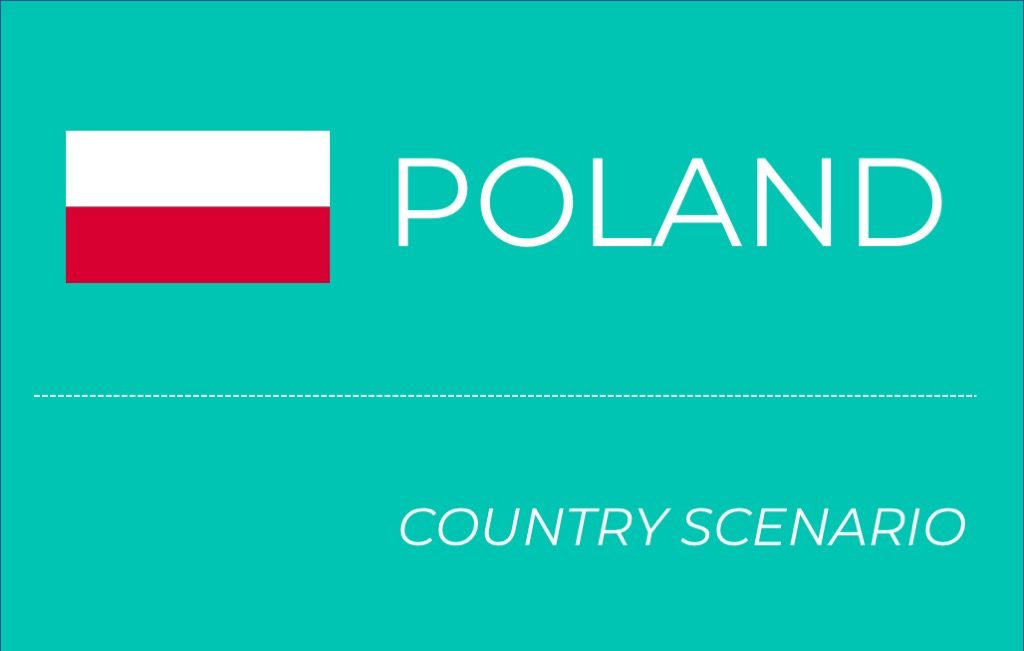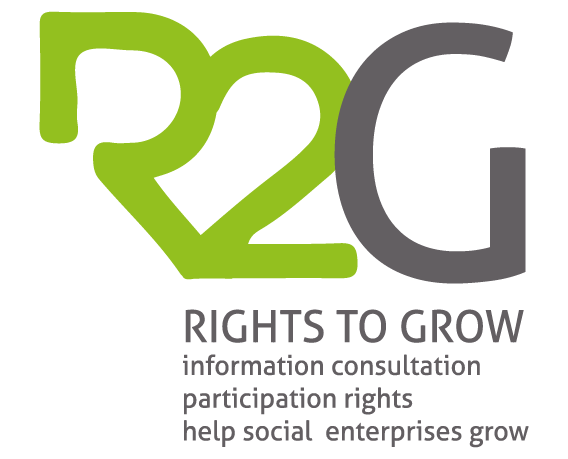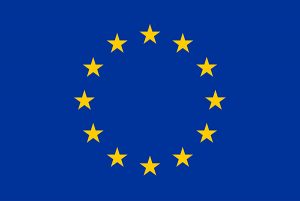
Basic concepts such as “social economy” or “social enterprise” were not formally specified in the Polish legal framework for the most of the modern history. Finally, on 12th August 2014 the Polish Council of Ministers adopted “The National Program for the Development of Social Economy” (Krajowy Program Rozwoju Ekonomii Społecznej, KPRES), which officially defined mentioned ideas.
“Social economy is an area of civic activity which, by means of economic and public interest activities, contributes to: professional and social integration of persons at risk of social marginalisation, job creation, provision of social services of general interest and local development.” – stated KPRES.
The Program divided social economy entities on 5 groups:
- social enterprises, which constitute the foundation of the social economy;
- reintegration entities which support social and professional reintegration of people at risk of social exclusion, i.e. Vocational Activity Establishments, Occupational Therapy Workshops, Social Integration Centres and Social Integration Clubs; these organisational forms will never be social enterprises, but they might prepare people to run a social enterprise or work in a social enterprise, or they might be run as a service for local community by social enterprises;
- public benefit purpose entities, which run a business activity and employ people, although their activity is not based on the economic market. Public benefit purpose entities are non-governmental organizations carrying out chargeable and free public benefit activities; these entities may become social enterprises, provided that they undertake full economic activity and fulfil their statutory tasks in relation to profit distribution;
- economic actors which were established to fulfil a social objective or a social objective of common interest underlies their commercial activity. These entities do not display all the features of a social enterprise. This group may be divided into four sub-groups: 1. nongovernmental organisations conducting an economic activity, the profits from which are used to support their statutory tasks; 2. Vocational Activity Establishments; 3. cooperatives targeted at employment; 4. other cooperatives of consumer and mutual nature;
- non-formal initiatives i.e. consumer cooperatives, shared economy initiatives, tenants and neighbours’ movements.
Social enterprises were described as follows:
- a social enterprise is an entity conducting economic activities, distinguished in terms of organisation and accounting;
- the aim of their economic activity is social and professional integration of people at risk of social exclusion (in this case, employment of at least 50% of people from groups at risk of social exclusion or 30% of people with moderate or severe disability is required) or provision of social services of general interest; at the same time, they fulfil pro-employment objectives (employment of at least 20% of people from certain groups at risk of social exclusion);
- they do not distribute profit or balance surplus among the shareholders. Instead, that money is used to strengthen the enterprise’s potential as indivisible capital and a certain part of the capital is used for professional and social reintegration (in the case of employment-targeted enterprises) or for public benefit activity conducted in favour of the local community in which the enterprise operates;
- they are managed in accordance with democratic principles or, at least, consultancy principles with the participation of employees and other interested parties; the remuneration of the managerial staff is limited.
Similar description of the social enterprise can be find in “The Guidelines for the implementation of projects in the area of social inclusion and combating poverty with the use of the European Social Fund and the European Regional Development Fund for 2014-2020” – the document provided by the Polish Ministry of Development and Finance in 2014 and updated yearly on average (the last edition was published on 8th January 2018). Formal definition became crucial for the social economy sector in Poland – it separated the enterprises qualified for the public support from the rest entities often similar in functions and principles.
In 2017 the Polish government started to work on the update on KPRES, giving more weight to the idea of solidarity economy, defined as the part of the social economy whose primary goal is professional activation and social integration, including vocational and social reintegration of people threatened by social exclusion and social and vocational rehabilitation of people with disabilities. The draft of the new Program is still not formally approved and it is hard to say when it will happen.

